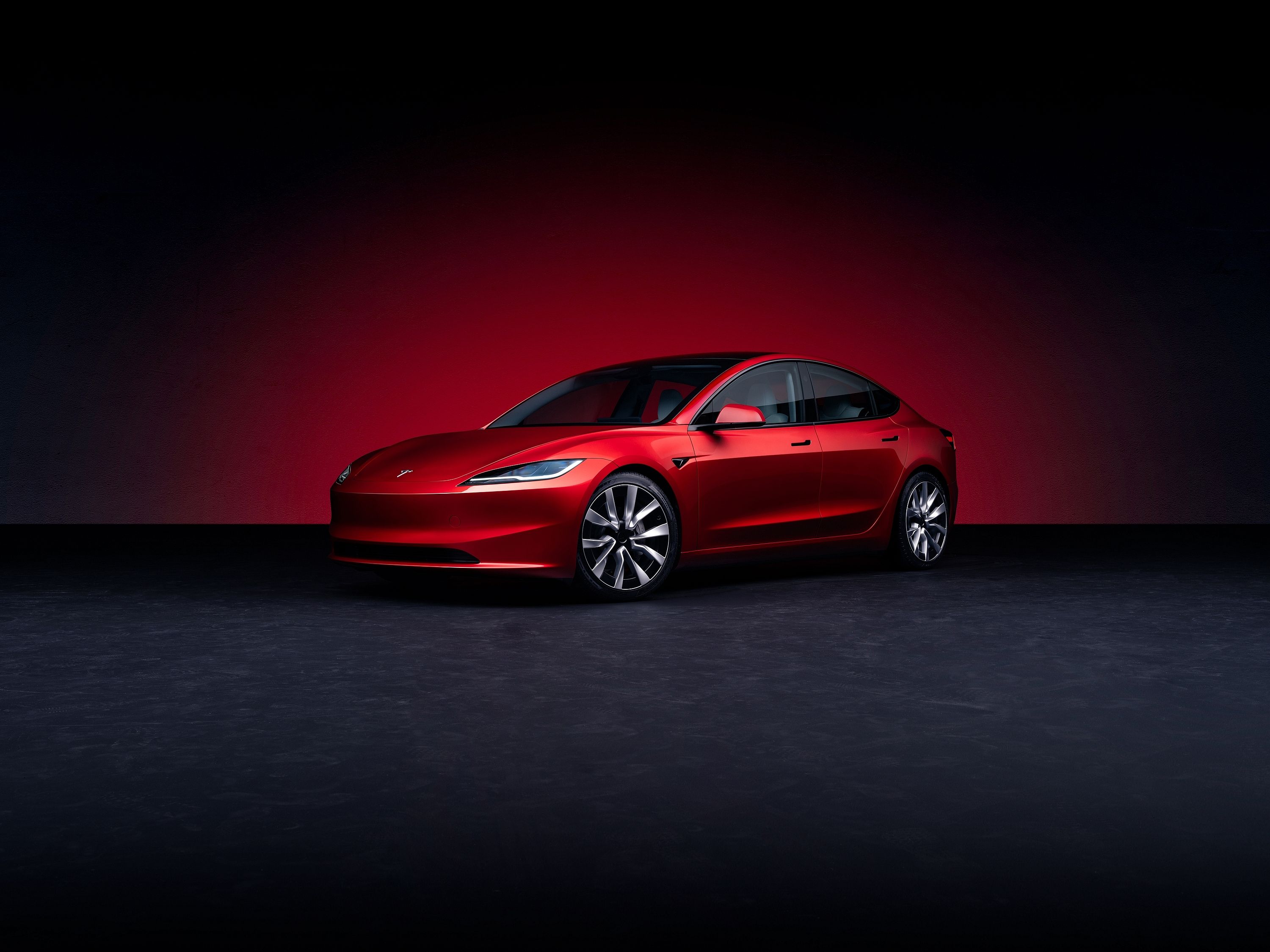
Chile currently leads the way in terms of lithium mining, but lithium as a raw material is useless to battery manufacturers. Lithium needs to be refined into lithium hydroxide, and China does more refining than any other country. By 2025, China is expected to refine almost 1.1 million metric tons of lithium, reports Bloomberg, beating its next closest rival, Chile, by over 70,000 metric tons. Clearly, the EV revolution puts all the cards in China's hands, and if the semiconductor supply shortage has taught us anything, it's that carrying all your eggs in one basket - or using only one country to supply a certain resource - can have far-reaching consequences.
Tesla may soon be doing something about this monopoly. A new public application for tax credits that the company filed with the Texas Comptroller's Office has revealed that Tesla is considering a "battery-grade lithium-hydroxide refining facility" in Nueces County, Texas.
Tesla isn't the only automaker looking to diversify its supply of lithium hydroxide. In July last year, General Motors announced its intention to invest in a company that aims to extract lithium from beneath the Salton Sea in the Southern Californian desert, while a company called Snow Lake Lithium announced earlier this year that it will open a new mining site in Canada.
Tesla claims that its facility will be "the first of its kind in North America." The automaker also said its refining process is "innovative and designed to consume less hazardous reagents and create usable byproducts compared to the conventional process." If so, Tesla would be helping wean itself off its reliance on foreign materials while sticking to its core mission of a more sustainable society.
If everything goes according to plan, construction will begin as early as next quarter, although commercial production levels will only be reached around the fourth quarter of 2024. While not specifically noted, another benefit to Tesla having its own refinery would be a reduced cost of production. Theoretically, Tesla would be able to supply the lithium to the maker of its own batteries, Panasonic, which is building new battery plants in Kansas and Oklahoma, right around the corner from Tesla's Texas operations.
Late last year, we reported how lithium shortages are making an affordable EV seem out of reach, and the prospects for cheap EVs don't seem much brighter in 2022. As of May 2022, the price of lithium has soared almost 500% in the last year. If the situation can't be brought under control, a cheaper vehicle to slot in below the Tesla Model 3 may be impossible. Hopefully, this refinery will help.
Tesla's new factory is just a small part of the industry-wide push to make raw material sourcing cheaper, as various refineries are being planned in Germany, Australia, and here in the US. Albemarle Corporation is currently the world's top lithium producer and is also planning to build a lithium processing plant somewhere in the southeastern US, and more are likely to follow. Tesla CEO Elon Musk has often waxed lyrical on the huge earning opportunities to be taken advantage of in the lithium refining industry, calling the process "a license to print money." He's not the only one who feels that way, and as EVs gain more and more traction, many other companies are sure to dip their toes into this lucrative industry.




